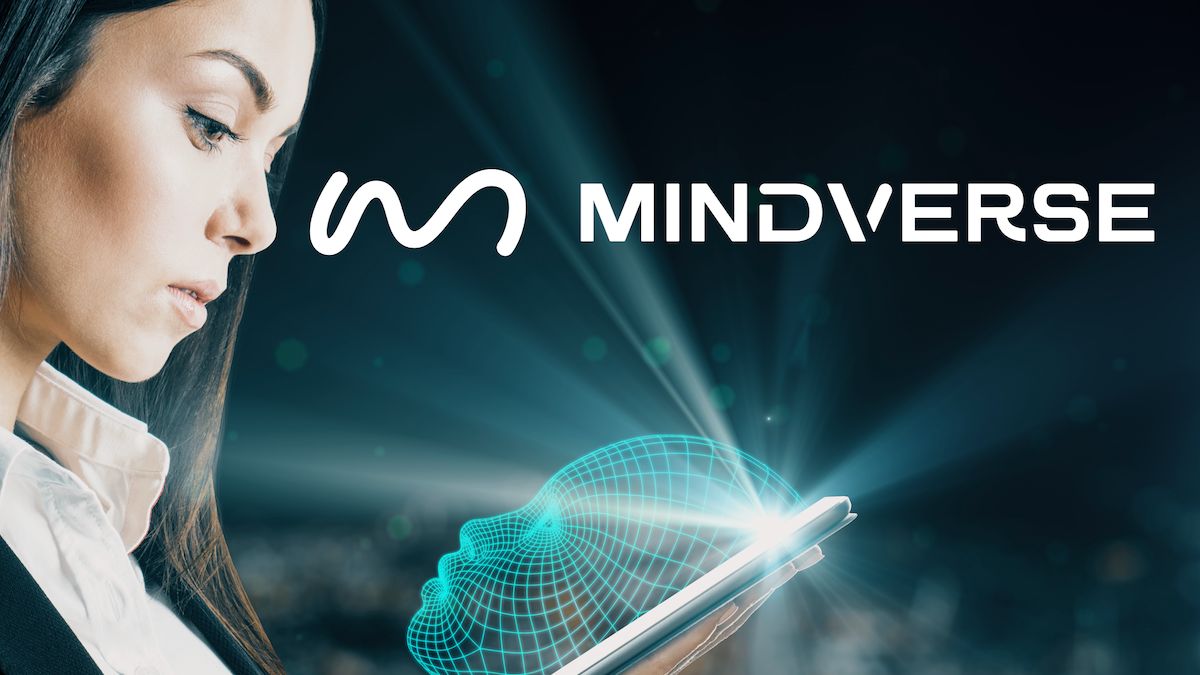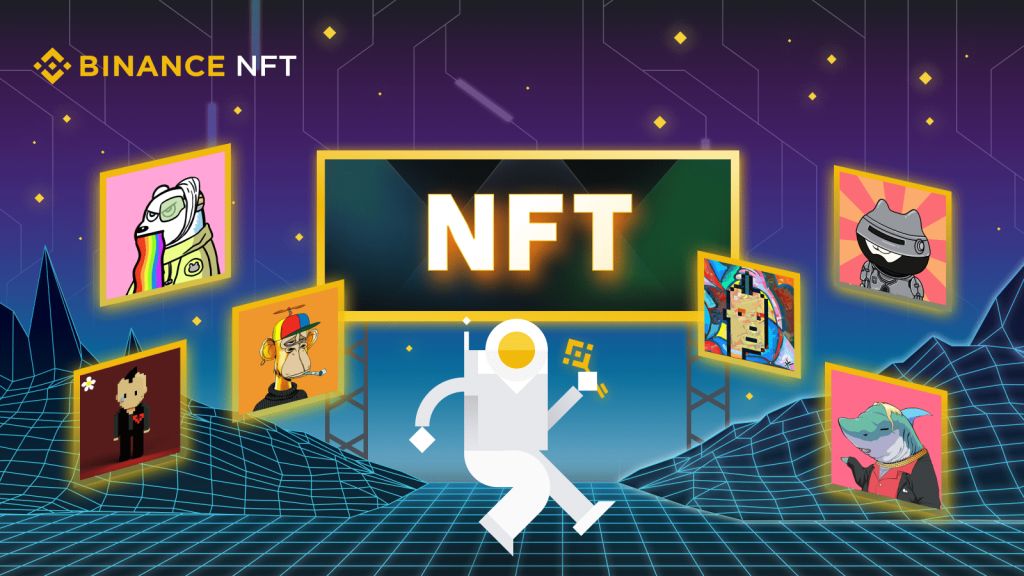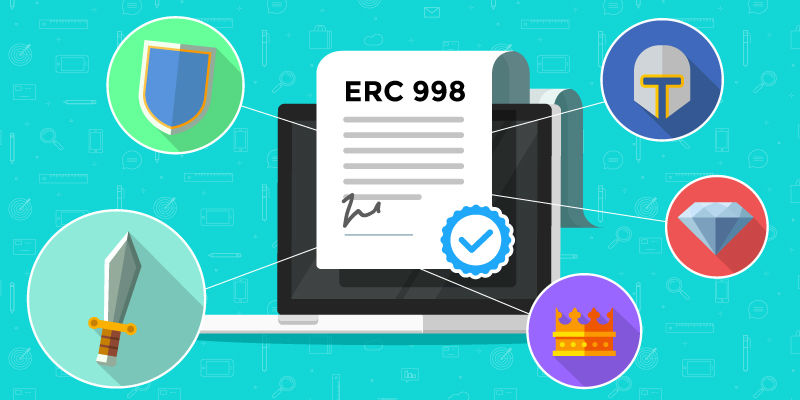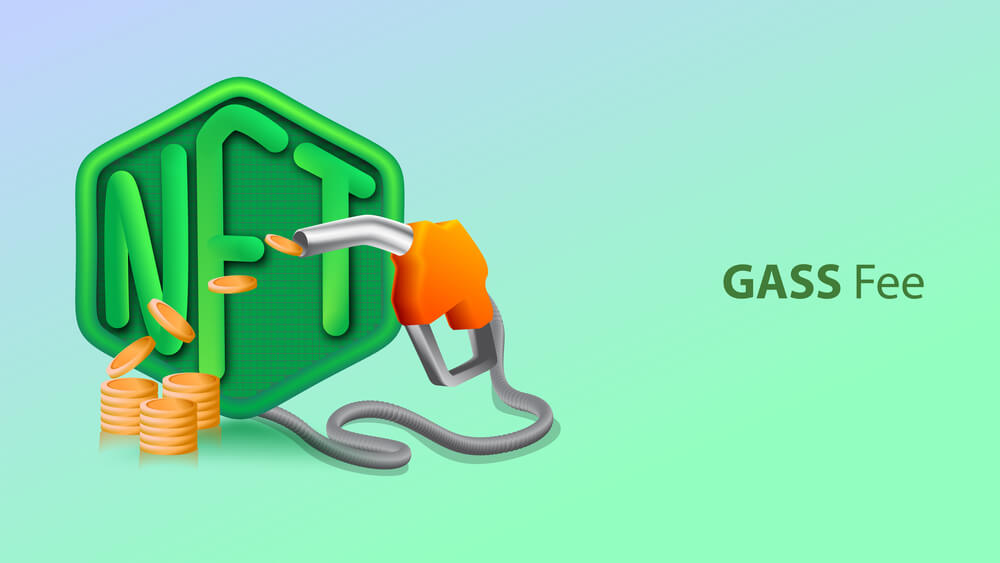Users love asking all sorts of questions, even at times when the answer is on a business’s website. The NFT, crypto, and Web3 sectors are no exception. Imagine if the drudgery of routine client queries may be automated, with quick, customized, and conversationally fluent answers. MindOS provides a compelling solution for automating sales interactions and customer service.
The tool, created by the Singapore-based generative AI Company Mindverse, harnesses the power and potential that comes with the generative AI revolution. This technology taps into big language models, enabling the users to train the AI on industry knowledge and company-specific policies.
MindOS confirmed that it is releasing Closed Beta on April 18 and April 21, equipped with free beta licenses on offer for participants.
MindOS Versatile Generative AI Tool Functional In Multiple Industries
The technology that powers MindOS makes it possible to train virtual AI beings that it refers to as AI Geniuses with industry-specific knowledge, primarily supported by a controllable and customizable Large Language Model (LLM). An LLM is a kind of artificial intelligence model that is ideally designed to comprehend and generate human-like text based on huge amounts of linguistic data.
Based on an explanation by Mindverse, MindOS was developed with e-commerce uses and customer service in mind, and one of the firm’s early focuses is the crypto, nonfungible token (NFT), and Web3 industries.
The co-founder and the COO of Mindverse, Kisson Lin, insisted:
“The core technology of MindOS is fine-tuned, controllable LLM that allows our users to balance the conversational fluency of an LLM with the need to provide true information and align with a brand’s voice. The key is that MindOS AI beings are more easily trained in industry-specific knowledge and firm-specific policies. We see our role in acting as a bridge between unwieldy LLMs and the very specific needs of particular industries.”

MindOS Use Cases
The AI developer tool can be applied as a chatbot and a procedure automation tool for workplace productivity. Users can set up virtual assistants to schedule meetings and sales reps that make precise product recommendations. In the Web3, NFT, crypto, and blockchain sectors, MindOS provides multiple use cases:
- Instant answers on the exchange rates and transaction status.
- Integrate generative artificial intelligence (AI) into your coin or NFT project to tap into the generative AI buzz, while adding lots of value and mitigating costs in business operations.
- Product discovery and information on NFT developers and their unique work.
- Quick answers on coin and vendor policies.
- Quick responses on order management and order status.
- The ability to develop NFTs like avatars that talk and interact with others within metaverse gaming and virtual worlds.
- Qualifying sales leads via conversations that greatly contextualize the needs of the lead, supporting highly efficient lead generation and Conversions.
Key Features Of MindOS AI Geniuses
MindOS has multiple premier features like a distinct Unified Mind Model with extensive customizability, enabling businesses to develop AI beings designed to cater to particular needs.
- AI Geniuses can move, listen, and respond to customers. They support text, image, voice, and video. Also, they proactively respond to queries without any initial text prompt.
- MindOS lets users train the AI beings with unsorted data sets like onboarding manuals or product documents.
- AI beings answer questions within 3 seconds.
- The tool deploys a Unified Mind Model – an Artificial General Intelligence Model that is fully inspired by the human brain.
- The MindOS library supports more than 35 product integrations and 30 languages and hosts at least 1,000 predesigned AI beings.
Additionally, the AI Geniuses developed with the powerful applications can answer with common sense using NLP, understand emotions, and act like people in terms of looks and gestures. They can easily learn about your firm via drag-and-drop manuals, and recall your clients’ preferences due to their long-term memory capabilities.





